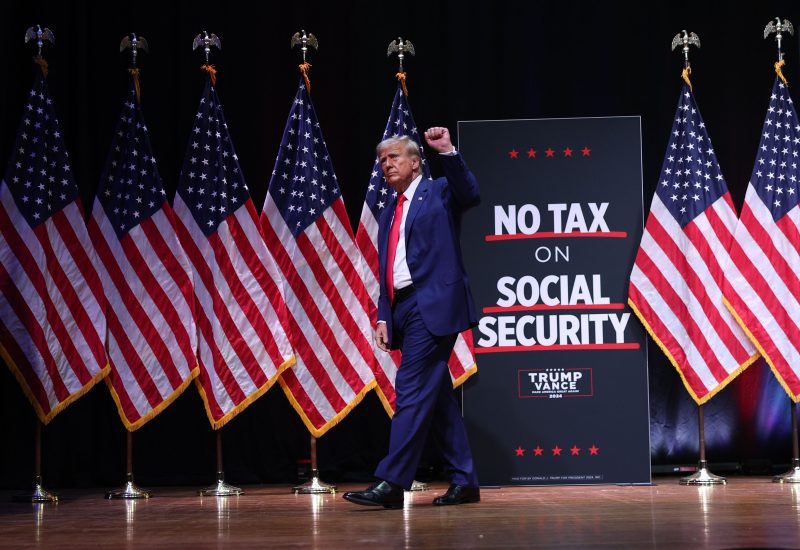In a recent speech delivered in North Carolina, former President Donald Trump hinted at a potential expansion of his administration’s tariff policies, indicating a willingness to further utilize tariffs as a tool in international trade negotiations. Trump’s remarks have reignited debates surrounding the effectiveness and implications of tariffs on the global economy, particularly in light of ongoing trade tensions and diplomatic strains between the United States and several key trading partners.
The Trump administration’s approach to trade policy was characterized by a strong emphasis on protecting American industries and workers through the imposition of tariffs on imported goods, particularly from countries perceived to engage in unfair trade practices. This protectionist stance aimed to reduce the trade deficit, boost domestic manufacturing, and restore what Trump referred to as “fairness” in trade relationships.
While some industries, such as steel and aluminum producers, welcomed the imposition of tariffs as a way to shield themselves from foreign competition and level the playing field, others, including manufacturers reliant on imported components and consumers purchasing affected goods, felt the negative impacts of higher prices and disrupted supply chains.
Critics of Trump’s tariff policies argued that they could lead to retaliatory measures from trading partners, escalating trade tensions and potentially resulting in a broader trade war with detrimental consequences for the global economy. They also raised concerns about the discretion exercised in determining which products were targeted for tariffs and the lack of a coherent long-term strategy guiding the use of this trade tool.
The uncertainty surrounding the future direction of U.S. trade policy under President Joe Biden’s administration has left many observers speculating on whether the tariff-heavy approach of the previous administration will persist or if a different strategy emphasizing multilateral cooperation and dialogue will be pursued. Biden has already taken steps to review and potentially revise existing trade agreements, signaling a departure from some aspects of Trump’s trade agenda.
As the debate on the merits and drawbacks of tariffs continues, it is crucial for policymakers to strike a balance between protecting domestic industries and fostering an open, rules-based global trading system that benefits all participants. Finding common ground on trade policy will require nuanced analysis of the economic, social, and geopolitical implications of tariff measures, as well as a comprehensive understanding of the complex interdependencies that characterize today’s interconnected global economy.






























